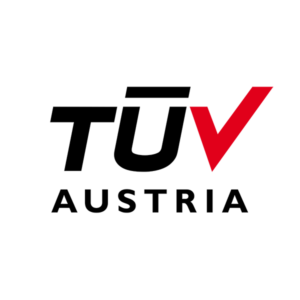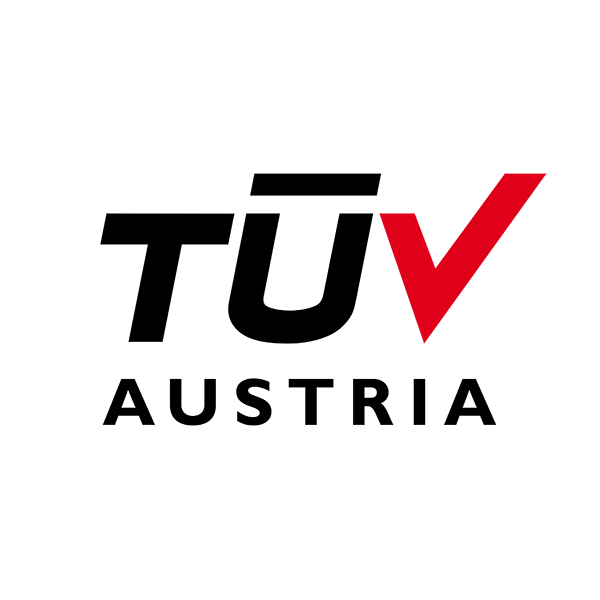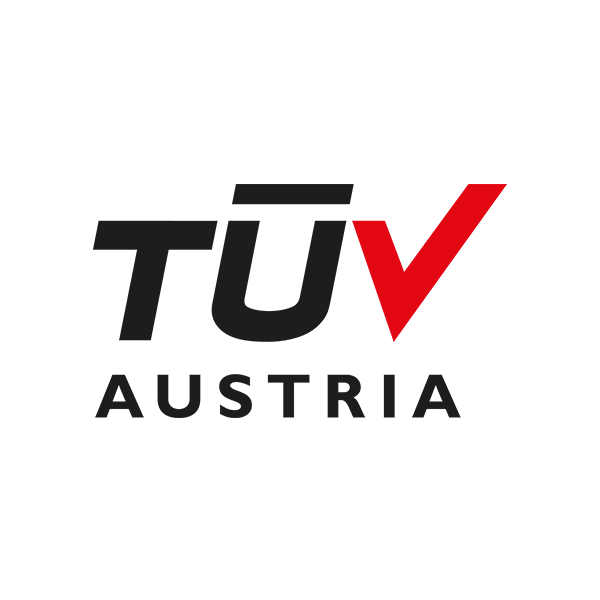Solution: Product Carbon Footprint
Solution: Product Carbon Footprint
Understanding the carbon footprint of your product is essential for sustainable development and climate responsibility. TÜV Austria India offers Product Carbon Footprint (PCF) verification services in accordance with ISO 14067, helping businesses measure greenhouse gas emissions across the product life cycle. Our third-party verification supports eco-labeling, carbon reduction strategies, and compliance with international climate goals.
In which region do you need this solution?
Key aspects of ISO 14067 include:
- Carbon Footprint Quantification: The standard provides methodologies for calculating the carbon footprint of products, covering all stages of the product life cycle from raw material acquisition to end-of-life disposal.
- Transparency and Credibility: ISO 14067 emphasizes transparency and credibility in carbon footprint reporting, allowing stakeholders, such as investors, customers, and regulatory authorities, to trust the reported data.
- Verification Process: The standard supports a verification process conducted by independent third parties to confirm the accuracy and completeness of carbon footprint inventories.
ISO 140647 verification is applicable to a wide range of organizations and industries. It is suitable for:
- Companies are seeking to enhance the accuracy and credibility of their product carbon footprint reporting.
- Organizations committed to sustainability and environmental responsibility.
- Entities required by law or regulations to undergo carbon footprint verification.
- Those aim to demonstrate transparency in their environmental impact.
What are the benefits of verification?
- Credible Carbon Footprint Reporting: ISO 14067 verification assures stakeholders of the credibility and reliability of product carbon footprint data.
- Environmental Accountability: Organizations can demonstrate their commitment to environmental accountability and sustainability.
- Compliance: ISO 14067 verification ensures compliance with legal requirements related to carbon footprint reporting.
- Enhanced Reputation: Verification enhances an organization’s reputation by showcasing its dedication to environmental responsibility.
- Competitive Edge: Verified organizations gain a competitive advantage by highlighting their commitment to reducing their carbon footprint and mitigating climate change.



























